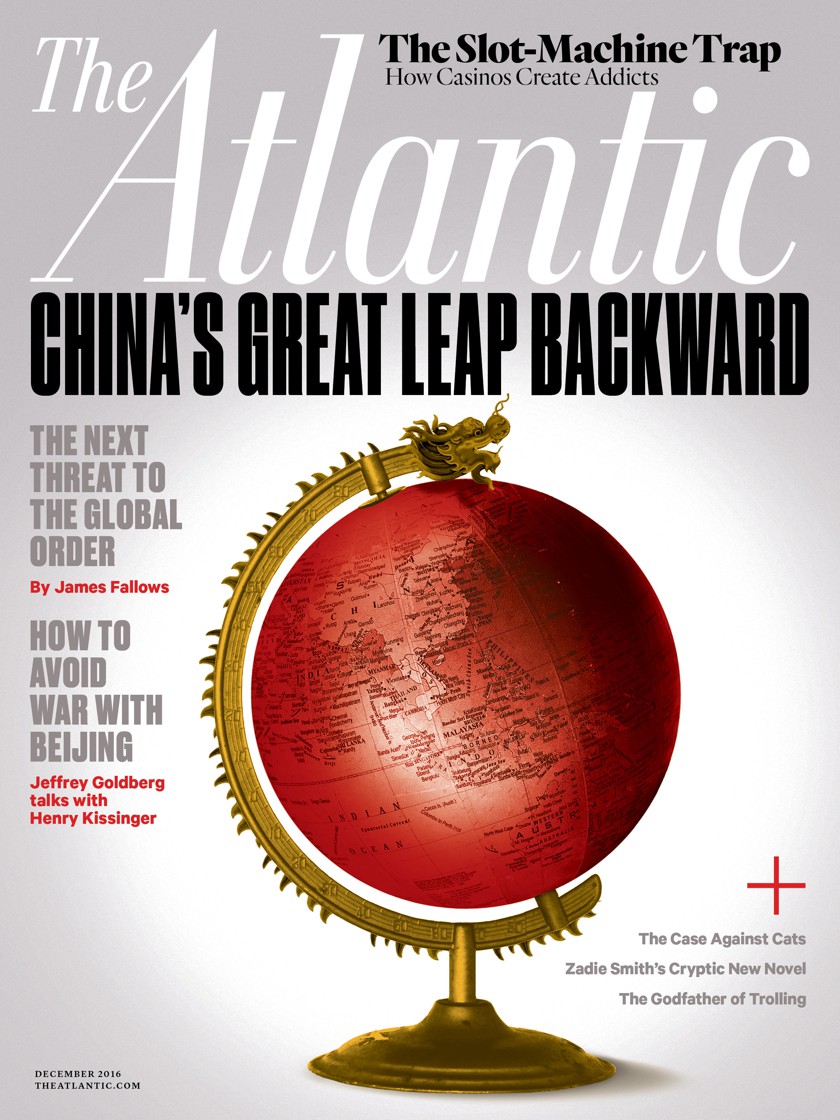
Articles printed in magazines and newspapers are meant for a general audience, so language used is often accessible and does not assume prior knowledge. Your job as the researcher is to read these articles and ask yourself critical questions about what you are reading in order to determine its quality and accuracy.
Newspapers Available at Jenks

Popular Magazines Available at Jenks


When reading magazine and news articles, read with a critical eye knowing you are going to investigate this topic in more detail. Look for places that are unclear or you would like to explore further. As you read, highlight keywords within the article that describe this particular issue or question being raised.
The example article is from the Health section of The New York Times. This article features information about the latest work being done in immunotherapy to fight cancer.
Use articles like this one to help generate keywords that you can use to explore further.
Article citation: Grady, D. & Pollack, A. (2016, July 30). What is immunotherapy? The basics on these cancer treatments. The New York Times. Retrieved: https://nyti.ms/2m8ZVtw
From the above article on Immunotherapy and its use to fight cancer, we might extract the following keywords:
These keywords form a great starting place for how we might investigate the topic in more detail. For getting started, use background information such as encyclopedias and dictionaries to help define terms (such as the ones above) and read high-level information about your topic. Background research materials such as encyclopedias and dictionaries can also be good sources for additional information. Use there Reference List (at the end of the article) for suggestions on other resources you might search.
The following are online background resources available at Jenks Library. We have many more encyclopedias and dictionary available online and in print in the Reference Room, but these are a few to get you started!
|
ONLINE |
ONLINE |